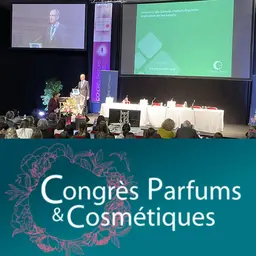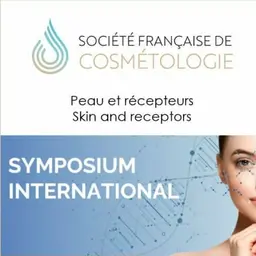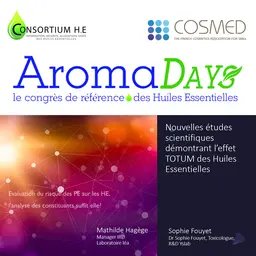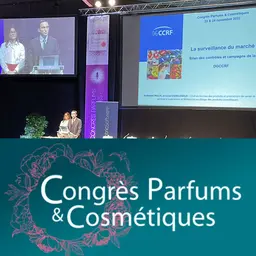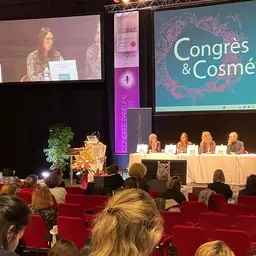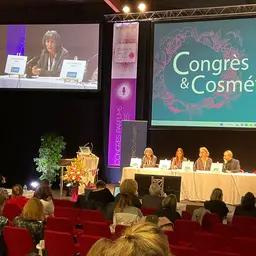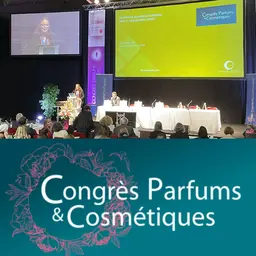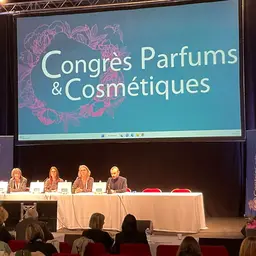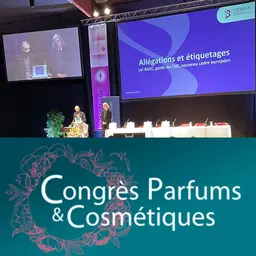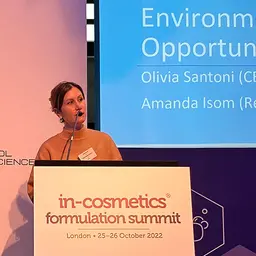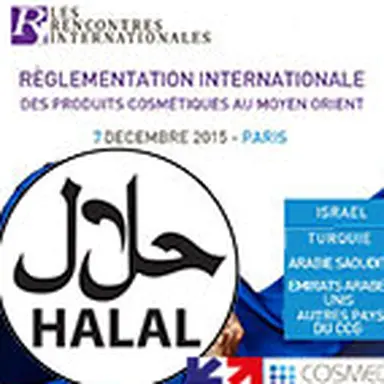
The importance of halal cosmetics keeps growing, and not just in terms of exports to Middle Eastern countries. The market is developing all around the world, and the demand is constantly increasing. At the International Cosmetics Congress held by Business France and Cosmed in December 2015, Farhan Tufail, of the HCS certification agency, made an update on the challenges and prerequisites for halal certification.
If you take a world map and colour it according to the percentage of Muslim population in each area, the result is striking: not a single region remains transparent, as they all take on more or less deep colours. And this trend should not change over the next few years: by 2050, up to 40% or more of the world population could be Muslims.
What does this mean for manufacturers? The market of halal products is no longer a niche and, if it is very developed in Middle Eastern countries, it is actually growing in importance worldwide.
A booming market
According to Farhan Tufail, 'Experts believe that the size of the total global halal market including halal food, consumer products, cosmetics, pharmaceutical, logistics and other halal-related services ranges between US$2 to US$3 trillion per annum.'
Of course, processed foods and beverages remain the most concerned (38% of the halal market, all sectors included), followed by pharmaceuticals (23%). And if cosmetics only represent 9% of this market right now, the demand for halal products keeps rising in this sector too.
The market is dominated by a young population: 52% of Muslims are under 24 years of age and part of the …

